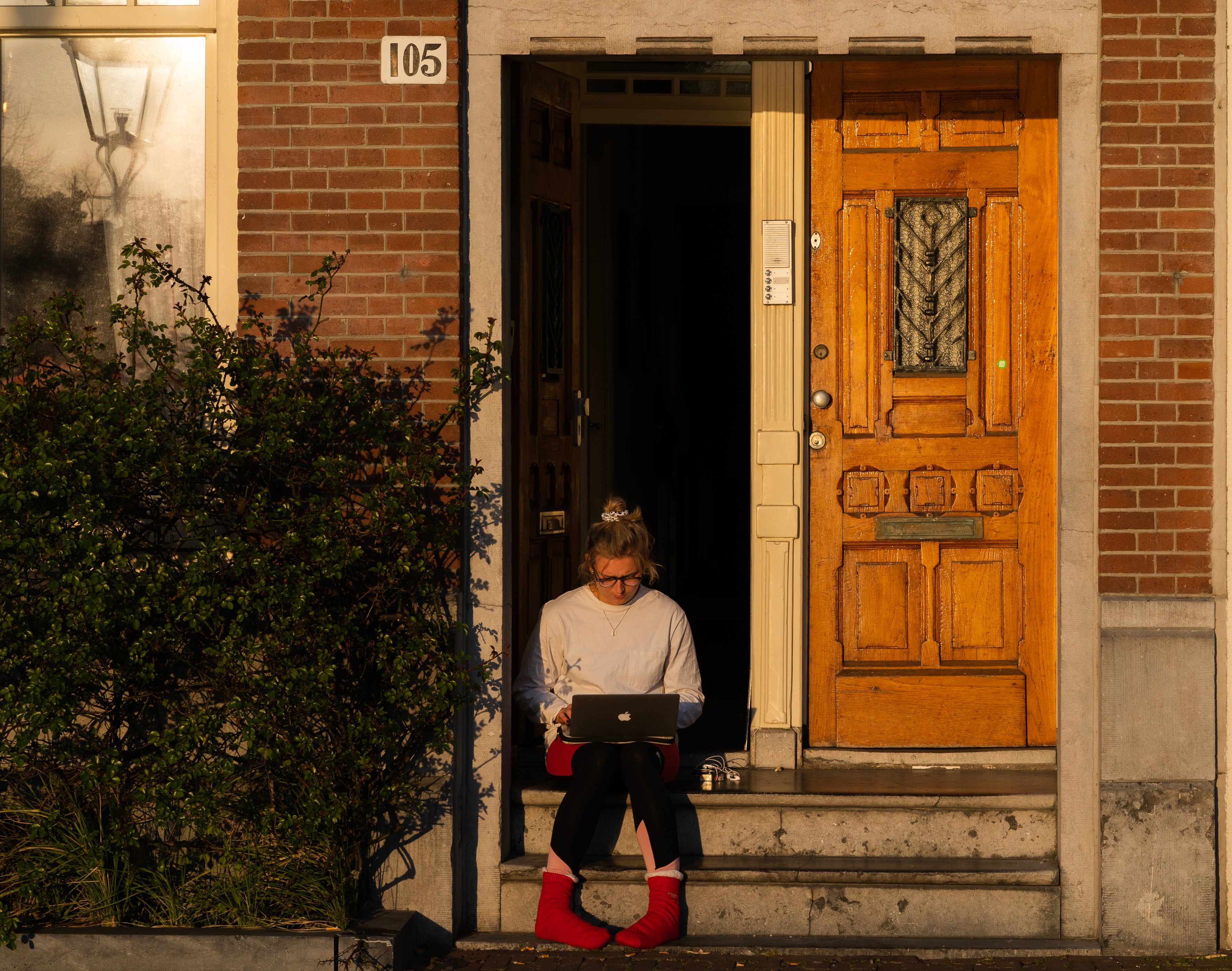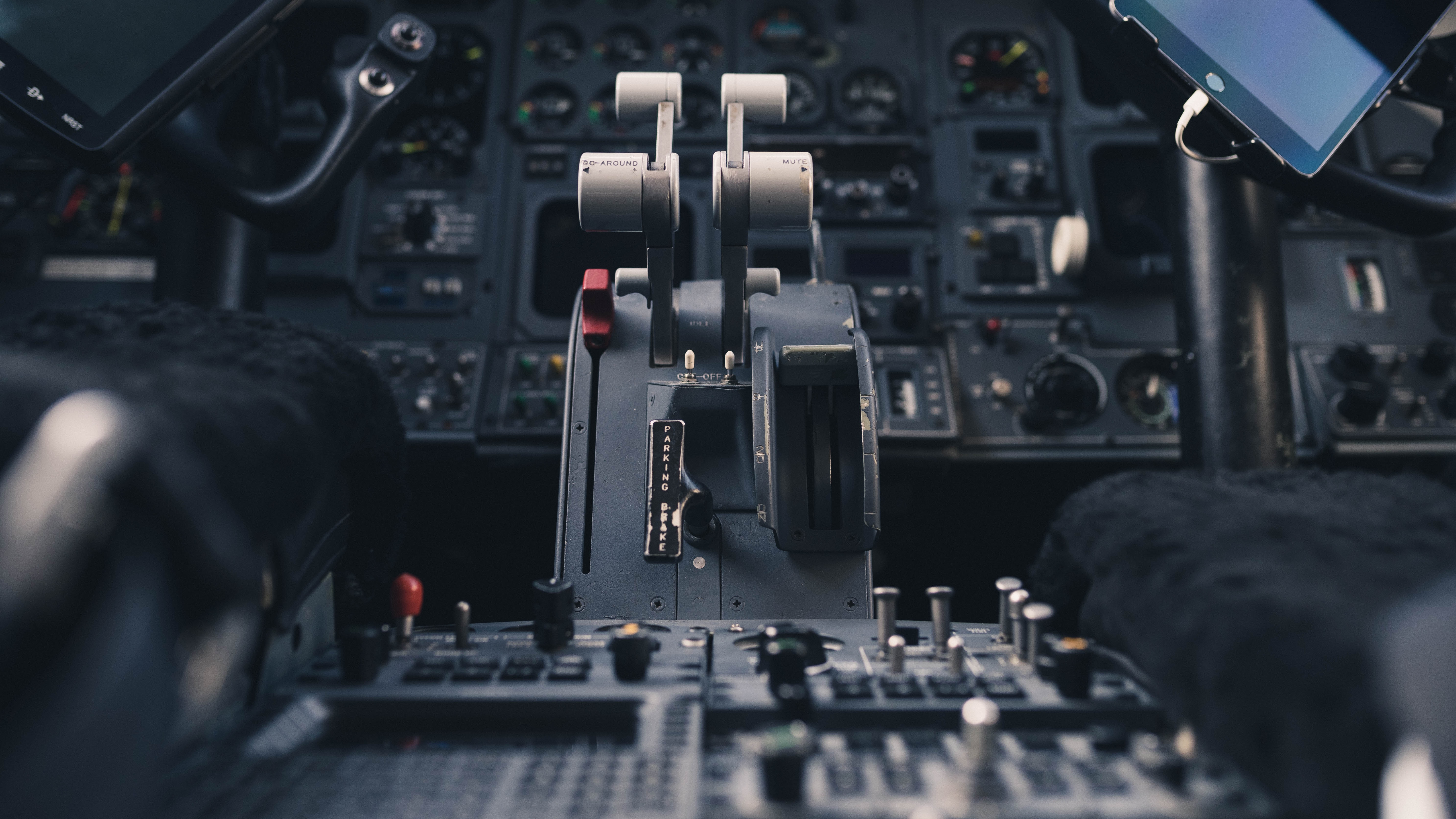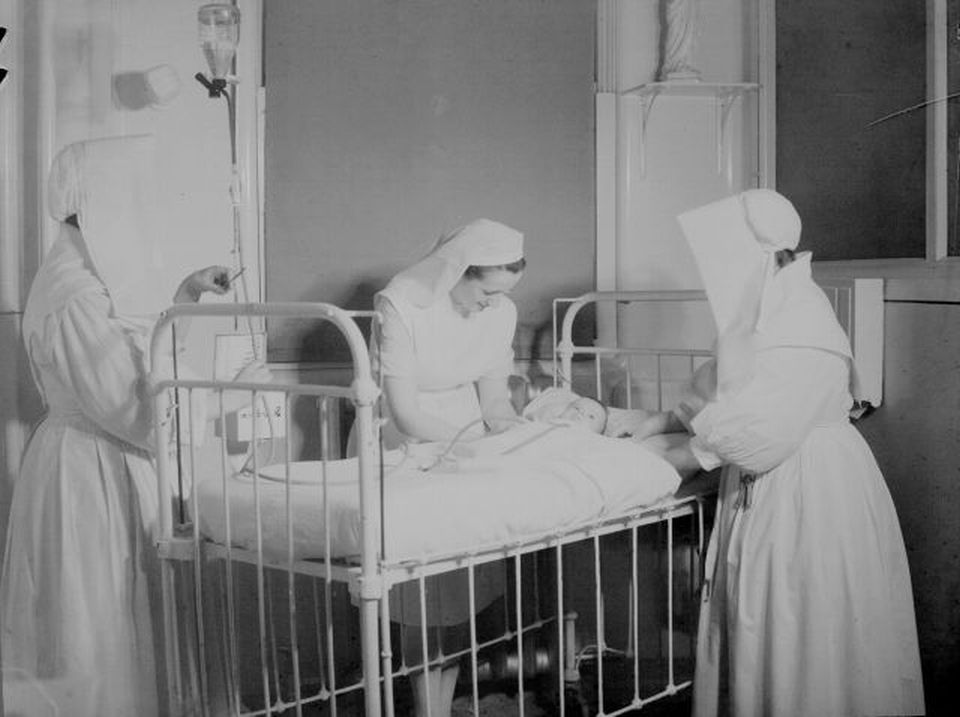
by Kate Evert | Apr 22, 2020 | Competencies
During the world wars, people planted victory gardens for food, but also to boost morale. While quarantined in our homes, we are being forced to adapt to an uncomfortable reality: uncertainty. The age of the internet has conditioned us to instant answers and complete information; right now, it seems there is just plenty of instant incomplete information. Each day yields a new study with seemingly contradictory results. With so much uncertainty, we all keep trying to adjust our thinking. But how can we become more mentally resilient?
Remember when we were in grade school, and we ventured into the scientific method via gardening skills by growing beans in small Styrofoam cups? Every day we would rush over to the windowsill, check on our beans, and watch for new signs of development. The beans sprouted unevenly, at their own pace, and there were one or two that never sprouted at all. We peeked constantly, never knowing when we’d see a change, but we trusted that it would happen.
Today we wait for the sprouts of hope and conclusive information—which is testing our dedication to the scientific method. Let’s return to that hopeful grade school windowsill to work on coping with uncertainty and practicing our patience. Read More Here

by Kate Evert | Apr 15, 2020 | Executive Compensation
During this time of Coronavirus, we’re all finding ourselves forced into spots we wouldn’t necessarily choose for ourselves. Given the option, many of us would rather exercise at the health club, work down the hall from our colleagues, and enjoy dinner out with friends. However, when we’re given clear guidelines to steer our behavior, we adjust—yoga and a 7-minute workout at home, zoom meetings and excel spreadsheets at the dining room table, and baking extravaganzas at home. It takes forethought and planning, but for the most part, we’ve successfully adjusted our daily routines. (Or maybe you’ve discovered that without a plan, it all falls apart and the day ends feeling like an unproductive loss!)
This article, posted on the Harvard Law School Forum on Corporate Governance, reminds us that the same holds true in our work lives. We don’t know exactly what the future will hold, but by planning now, and putting some guidelines around Executive Compensation, you won’t need to end the year feeling like your incentive program was a loss. Read More Here

by Kate Evert | Apr 8, 2020 | Productivity, Work Place
You may have recently seen this funny take on that BBC interview a couple of years ago, or this recent piece in the New York Times. In any event, I think that women who have been working from— and at—home for years, if not decades, are finally having our moment to shine.
My husband would often bluster, “I just can’t work from home; I need to be at the office.” With our current enforced stay at home orders, my husband has been coping by commandeering the desk in our daughter’s now abandoned bedroom. The other day, he found me curled up in the bedroom window seat, hyper focused, engrossed in a project. He very excitedly announced that he had just done his first Zoom call with video. I peered over my glasses and said, “You’re joking?” He replied, “No, why would I have done one before? You know I prefer face-to-face.”
Well, because sometimes…face-to-face isn’t possible.
I have done calls (at kids’ practices) in the rain
And in the dark. And on a plane and a train.
And in a car. And (at other practices) under a tree.
See, it’s really all the same for me.
So I will do them in an old call box.
And I will do them in comfy sox.
I have done them at my parent’s house.
I can control Zoom without a mouse.
And I can host them here and there.
Say! I can do them anywhere!

by Kate Evert | Apr 1, 2020 | Economy, Human Capital
A long time ago in a galaxy far, far away…. a galaxy that did not know Excel, but used a language called Lotus 1-2-3, I was a credit analyst. There I learned financial modeling and was taught a concept called Maximum Reasonable Adversity. In our modeling class, we were assigned a case study about a company that catered meals to airlines. Our credit officers were trying to impart the wisdom that a swing in interest rates or inflation were not the greatest threats to repayment. The greatest risk was an exogenous shock, which while possible might not be probable, at least not highly probable. After much debate, my case partner and I settled on an airline strike: How many weeks of an airline strike could this company withstand and still stay afloat and cover their interest payments?
Enter COVID-19 which seems to have taken the world by surprise. Experts who study pandemics, however, have been modeling the adversity scenarios preparing for the next pandemic.
A recent Economist article highlights another sort of expert who is always looking around the corner anticipating some exogenous shock that could put a company on its back foot and necessitate an immediate and intelligent human response. For those of us who have been in the HR field for decades, this article is a long overdue exposé on what we really do. For those who complain that HR is always planning for worst case scenarios, constantly assessing risk, and planning for succession, perhaps now you will start to understand the lens through which strategic HR views business: how to stock and cultivate human capital inventory not just for the good times, but to weather maximum reasonable adversity. Read More Here

by Kate Evert | Mar 25, 2020 | Leadership
As we close out Women’s History Month, and #healthcareheroes emerges as a new hashtag, how fitting that this piece in the New York Times reminds us that some of the country’s first heroes in health care were religious sisters. While this piece focuses on the sisters and nuns that poured out of their Philadelphia neighborhood convents to tend to those ravaged by the 1918 pandemic, religious sisters have been in the United States since 1727.
Too often the images of religious sisters are limited to stereotypes in the extreme: either unfeeling or angelic, and seldom someone in between. In truth, the sisters in the United States were pioneers: on the prairie, in the battlefield (Abraham Lincoln thanked them for their nursing during the Civil War), in the laboratory, and of course, the classroom. They were also pioneers in the boardroom; these women were CEOs of hospitals and universities, at a time when very few, if any, American women were allowed to run major institutions. So, as we confront Covid-19, and celebrate those who have dedicated their lives to healthcare, let’s remember some of the first career women, who built many of the country’s hospitals, including the first Mayo Clinic. Read More Here





